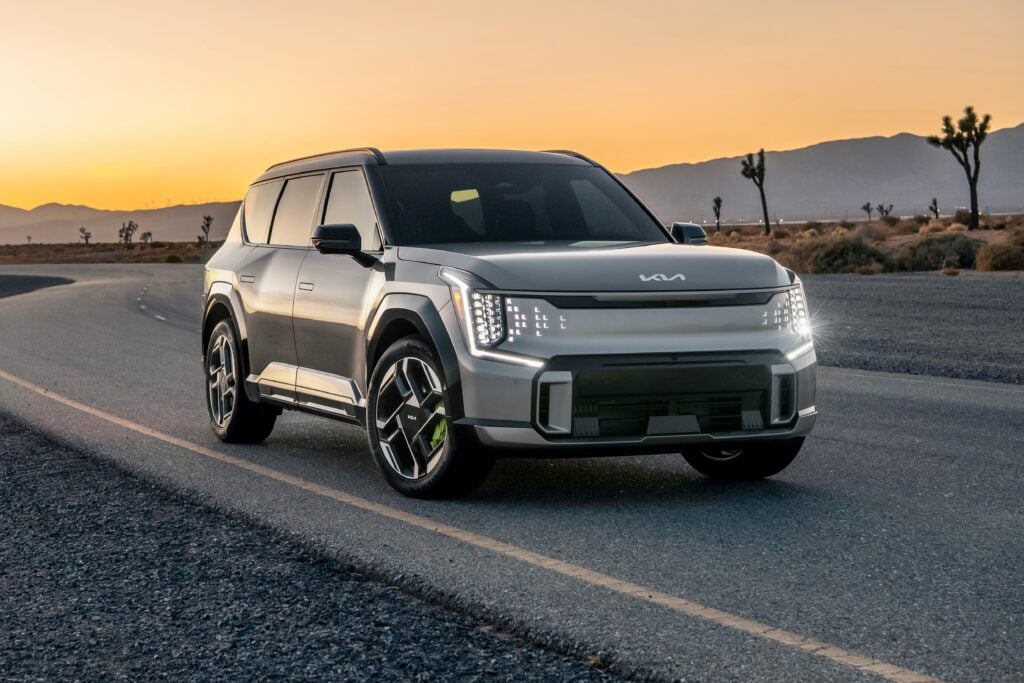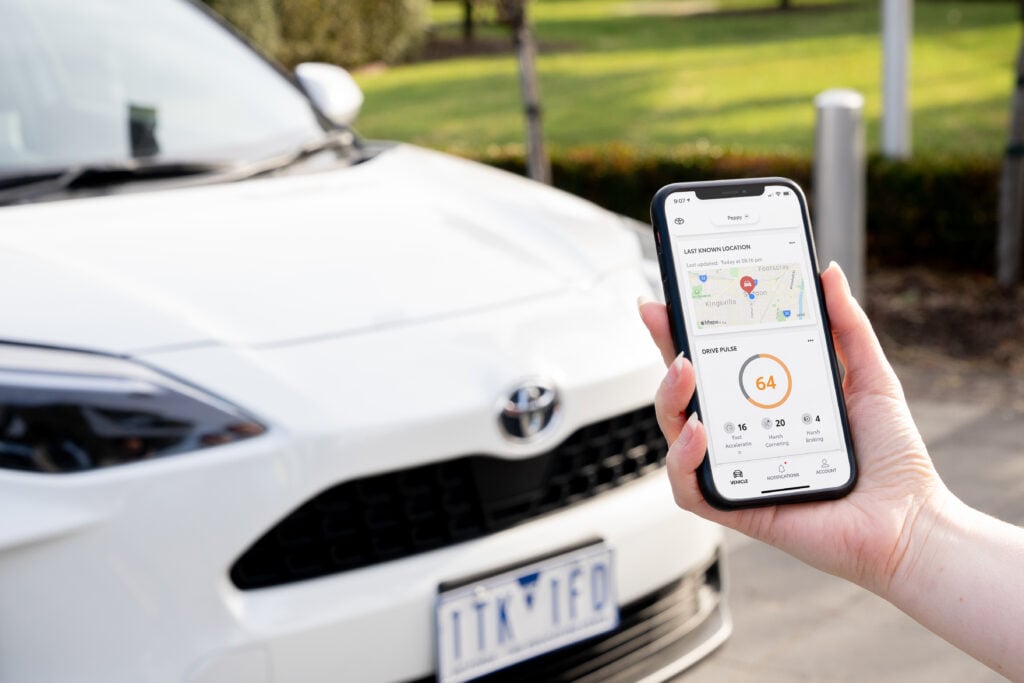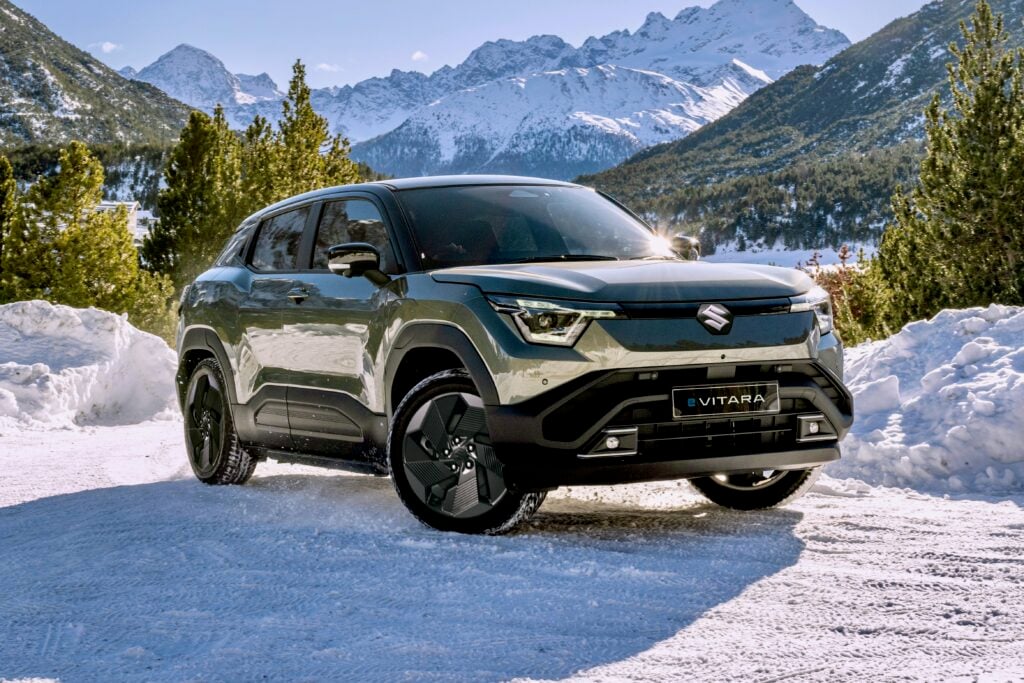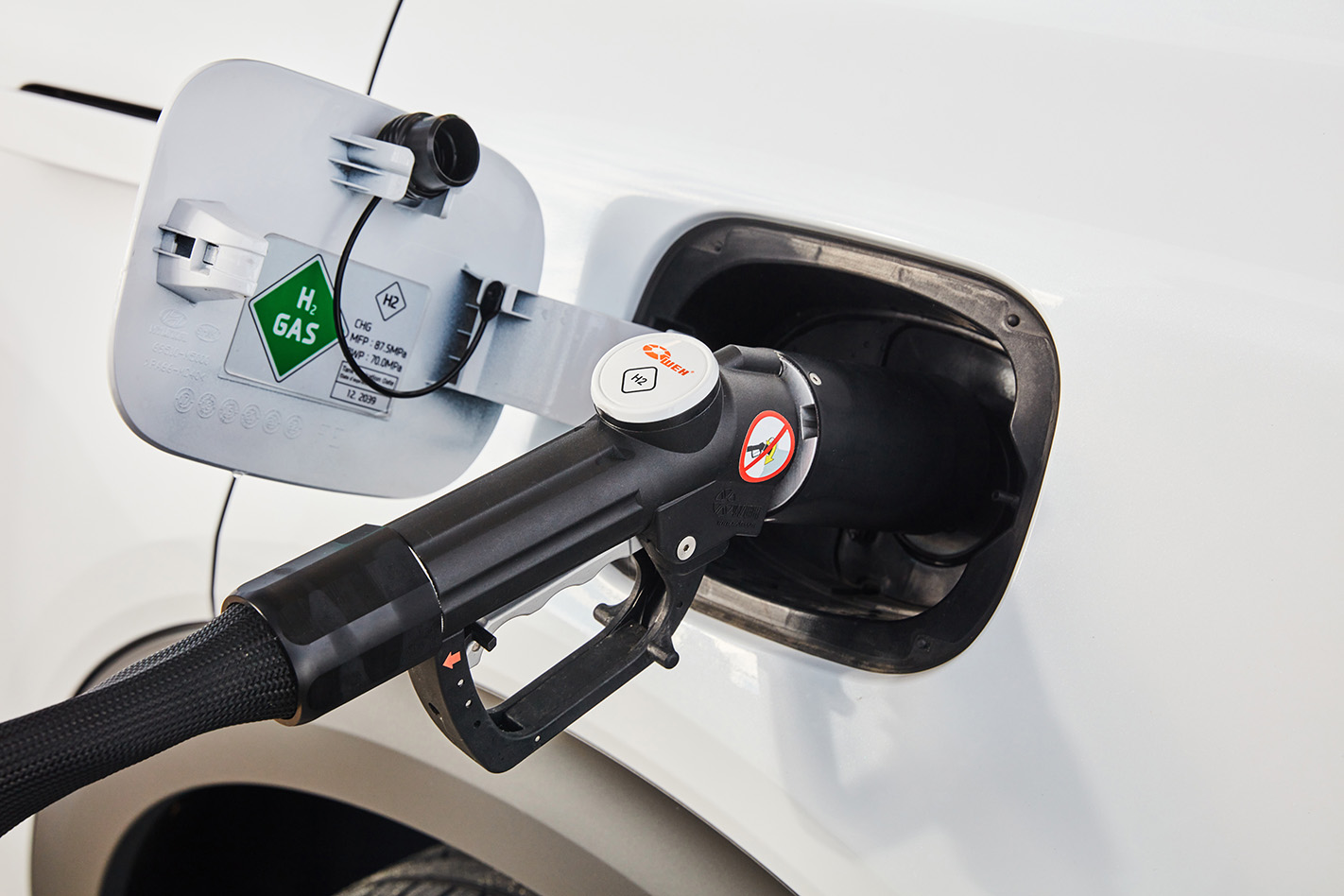
A new agreement could see Gippsland transform into the country’s centre for hydrogen technology.
H2X Global, the Australian company transforming Ford Rangers into hydrogen-powered utes, has partnered with the Gippsland Circular Economy Precinct to lead the development of hydrogen fuel-cells, electrolysers, and power generators.
The announcement also outlines plans to manufacture hydrogen-powered vehicles in the Victorian region.
“This is a great opportunity for Gippsland to engage with hydrogen technology and provide new enterprises new jobs and training in support,” H2X Global founder and CEO Brendan Norman said.
“We aim to assist in establishing Gippsland as the world’s preeminent location of green hydrogen excellence. We are now investigating a number of manufacturing options including fuel-cell production and some vehicles.”
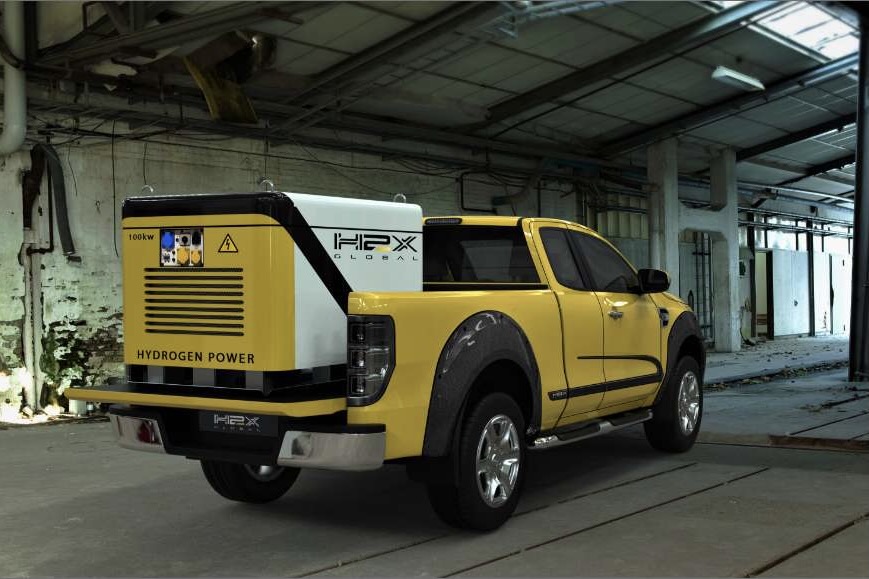
The Gippsland Circular Economy Precinct (GCEP) is a consortium of businesses seeking to bring jobs from the renewable energy sector to the area, as it begins the transition away from brown coal power generation.
The agreement follows the announcement of a trial program in March, in which the Loy Yang mine will produce coal-generated hydrogen for export to Japan. A carbon capture program run by the Victorian Government is said to store the CO2 underground.
The pilot program will use 150 tonnes of brown coal to produce three tonnes of hydrogen gas, some of which has been used to fuel the hydrogen-powered Toyota Corolla racing car in the 2021 Super Taikyu Series in Japan.
Unlike hydrogen-cell vehicles, which convert hydrogen into energy to power electric motors, the Corolla uses a 1.6-litre turbocharged three-cylinder engine that burns hydrogen rather than petrol, and produces almost zero tailpipe emissions.
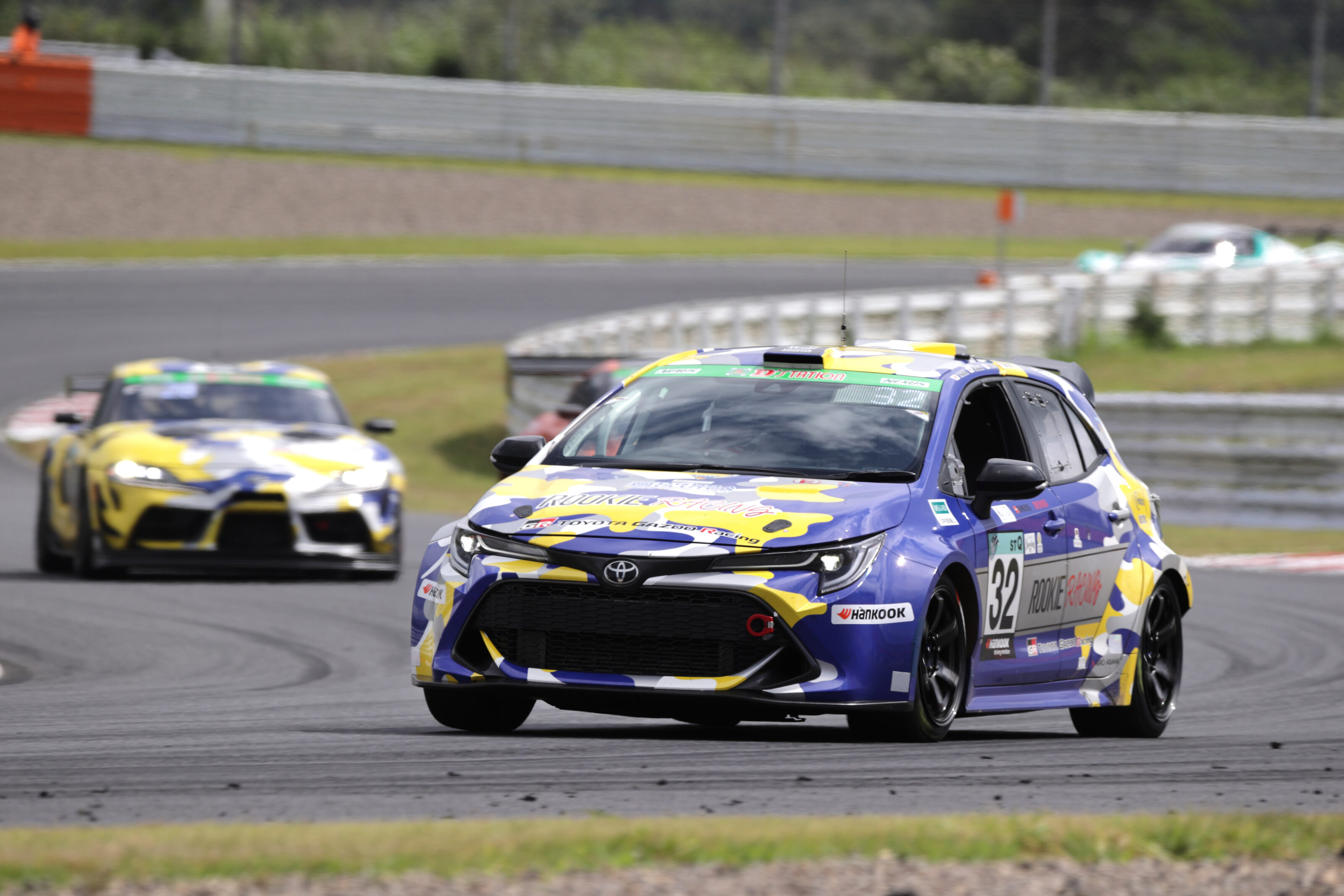
H2X will use hydrogen fuel-cells to power its three Ford Ranger-based models, with plans to manufacture the majority of the vehicles in Australia.
In June 2020, the company announced ambitious plans to build up to 20,000 hydrogen-powered vehicles in Port Kembla, NSW by 2025.
“With the development of many green energy projects in Australia at the moment, we have a unique opportunity to bring a significant manufacturing operation back into the country,” Norman said at the time.
We recommend
-
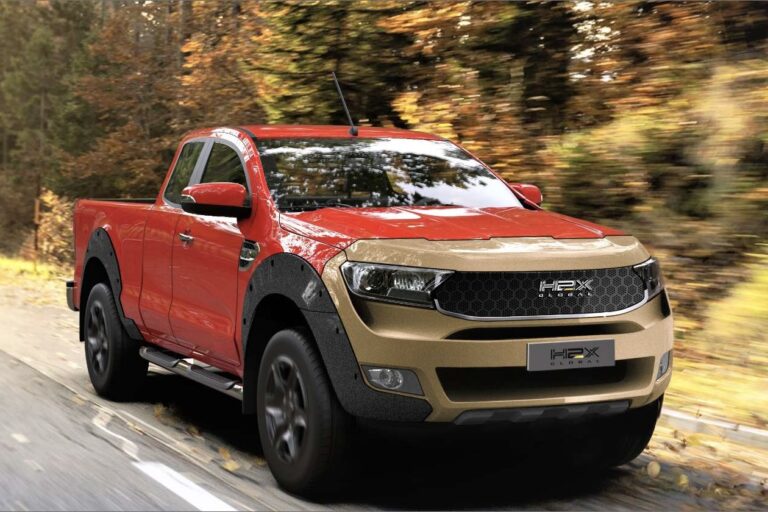 News
News2022 H2X Warrego: Reservations open for hydrogen ute ahead of November launch
Australian hydrogen start-up H2X is promising its new Ranger-based ute will be here within months
-
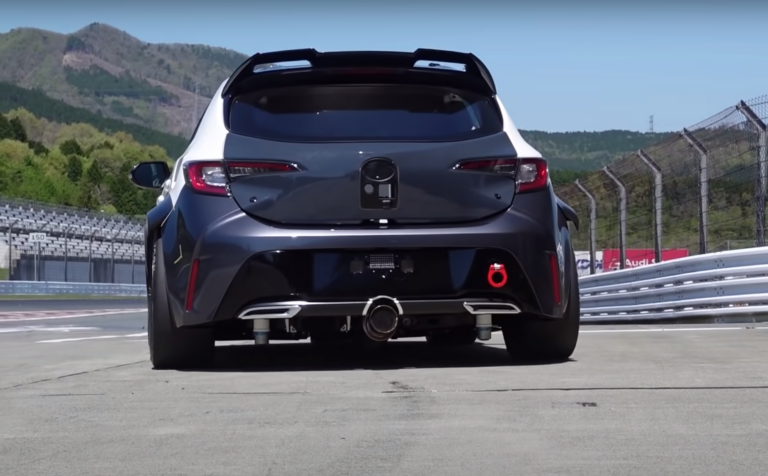 News
NewsToyota will race a hydrogen-powered Corolla for 24 hours straight, and it sounds good
Will hydrogen finally give the internal combustion engine a new lease on life?
-
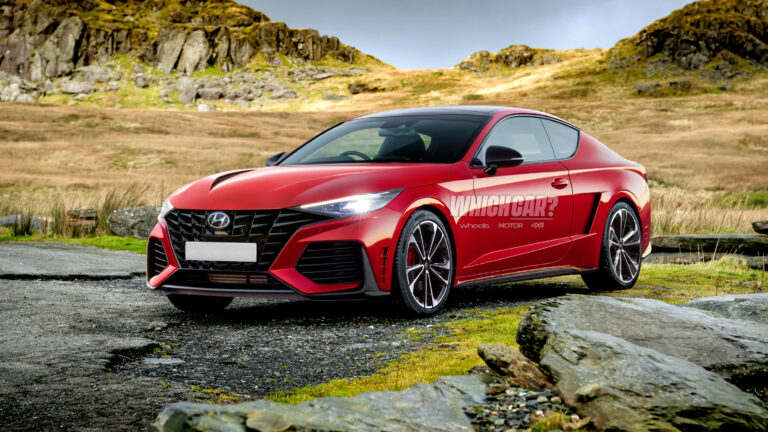 News
News2023 Hyundai Tiburon: Mid-engined hydrogen sports car imagined
Hyundai may be exploring a hydrogen sports car based on a Kia Stinger chassis



